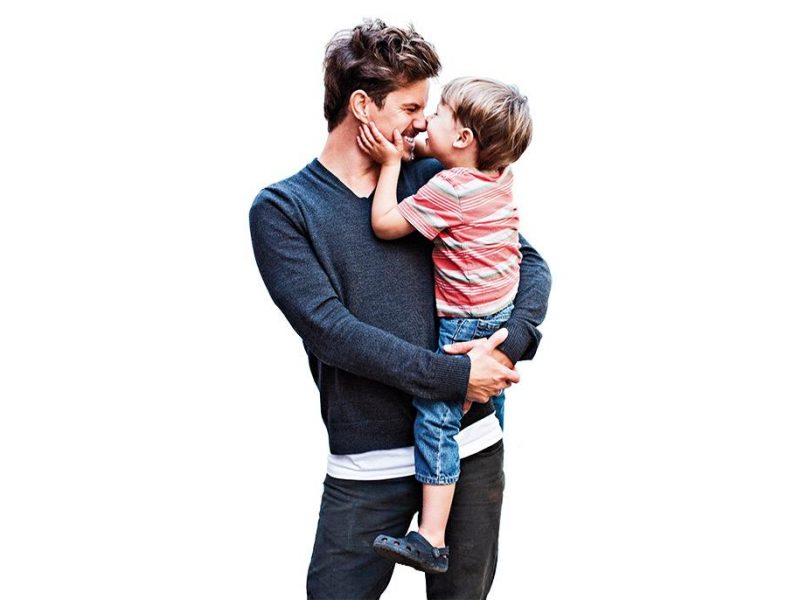Watching it live
I have a friend who lets me use his company’s season tickets to see the Toronto Raptors a couple of times a year. They’re really good seats, way better than I’d ever spring for, especially if I’m taking a kid who probably won’t appreciate them anyway, so they’re a real treat to share with my boys.
Last March I took my eldest with me as part of his birthday weekend, and then I took my middle guy this past Sunday to see the Raptors play the Miami Heat. We had fun on both occasions, but it was fascinating for me to see how differently the two of them experienced the live game.
My eldest likes to play sports. He played basketball for a short time, and was invited to play for the rep team before he decided that he wanted to focus on soccer. He’s not, however, tremendously athletic by nature. Like me, his success at sports comes from working hard and thinking the game. We’re not entirely nonathletic, but we need to work harder and think smarter than some people who are more naturally gifted.
So, when he watches sports, he watches looking to learn, more like a coach than an athlete in some ways (which, truthfully, is how I watch also). He’s always pointing out the kinds of plays being run, the match-ups between the players, and the strategies the coach is using.
Going to see the Raptors live last spring was no different. We were sitting close enough to the floor that we could hear the players and coaches calling plays and communicating on defence. We could see which players were doing well with their match-ups and which were struggling. We could get a sense of which plays were working, which weren’t, and why.
He spent almost the entire game engrossed in these kinds of details, coaching from the stands – “Dad, I’d totally pull that guy out right now. He’s getting destroyed off the dribble. They need someone quicker on him.” Or, “They need to stop crashing the offensive boards so hard. They’re getting beat too much in transition.”
My middle son has a similar love for sports, but as a gifted and natural athlete. It’s not that he doesn’t think the game at all, but he’s used to being quick enough and fast enough to make up for it when he’s out of position or makes a mistake. He just turns it up a gear and out-athletes his opponents.
So, when he watches sports, he sees the big plays, the showy plays, the oh-my-goodnss-what-did-that-guy-just-do plays. He doesn’t notice what kind of set the team is running. He notices the crazy cross over that makes a defender fall down or the vicious dunk that makes the crowd go crazy. He also notices the celebrations of the players, the celebrities at courtside, the dancers, and all the rest of the show.
Which means that watching the game with him this past Sunday was an entirely different experience. He never once mentioned a play call or a coaching decision, but he did jump out of his seat a half-dozen times when there was a big play, and he loved every second of the starting lineup announcements, with the fireworks and the strobe lights. And his commentary couldn’t have been more different from my eldest – “Dad, check out Drake. He’s been on his phone the whole game. He’s not even watching.” Or “Look, the dance pack has boys in it. How do you get to be in the dance pack?”
Neither approach to the game is better than the other, of course. Both kids had lots of fun experiencing everything in their own way, but my own experience of the two games couldn’t have been more different. Their such opposite personalities couldn’t help but affect our whole time together.
It makes me wonder how the game will feel when I take my youngest, and I can’t wait to find out.
Luke Hill has been the parent of birth kids, adoptive kids, foster kids, and just-need-a-place-to-stay kids for fourteen years. He’s had experience with kids in homeschool, public schools, and alternative schools. He’s been a teacher, a camp counsellor, and a coach. He’s also taught parenting courses for Children’s Aid for almost a decade. When he isn’t working with kids, he’s a writer, a publisher, and the director of a non-profit organization that supports book culture.







